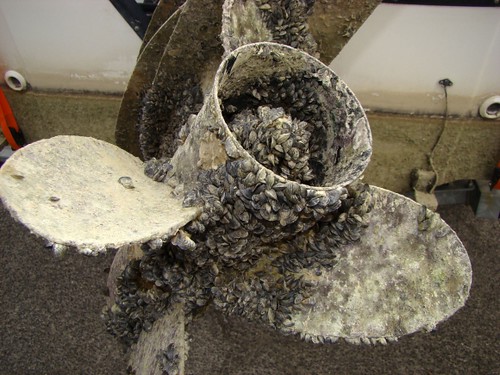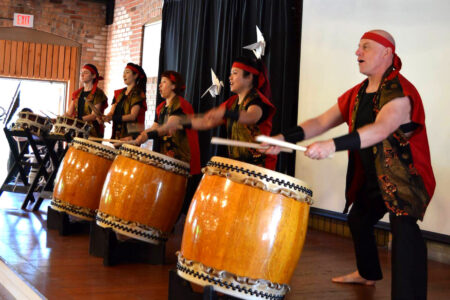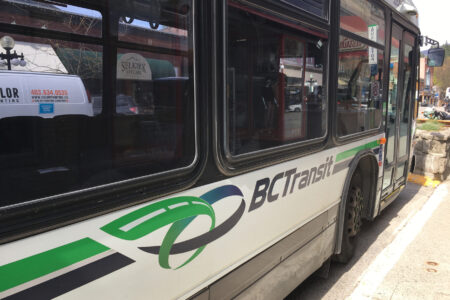Central Kootenay Waterbodies test negative for presence of Invasive Mussels for 10th year running
Lake monitoring continues to be a vital component of the B.C. Invasive Mussel Defence Program.
Between mid-June and the end of October staff and contractors from the Central Kootenay Invasive Species Society (CKISS) collected 265 samples from local lakes and rivers in order to detect the presence of invasive zebra and quagga mussels (Dreissena polymorpha and Dreissena rostriformis bugenis).
The sampling results recently came back from a B.C. Government designated lab with good news! All samples tested negative for the presence of these invasive mussels.
This is good news considering invasive mussels may be impossible to eradicate once established in a waterbody.
This is the tenth year in a row the CKISS has been conducting lake motioning in the Central Kootenays. In 2022, samples were taken from Upper and Lower Arrow, Kootenay, Duncan, Slocan, Summit, and Whatshan Lakes, and Columbia, Kootenay, and Slocan Rivers (upper and lower).
The introduction of zebra and quagga mussels (ZQM) could have devastating environmental, economic, and social impacts in the Kootenay region and other regions in B.C. ZQM can displace native aquatic plants & wildlife, reducing biodiversity & ecosystem health.
Furthermore, invasive mussels can affect summer fun by covering once beautiful beaches in foul-smelling, razor-sharp shells.
ZQM are unique because they have the ability to attach to hard surfaces and can survive for multiple weeks out of the water. These characteristics mean they can easily be moved between waterbodies, which emphasizes the need to Clean Drain Dry boats and other watercraft/equipment when exiting all waterbodies.
The CKISS stresses the need to take action through prevention to protect our waters as there is no turning back the clock on a zebra and quagga mussel invasion. If you are bringing your motorized or non-motorized watercraft into B.C., please contact the B.C. Invasive Mussel Defence Program (www.gov.bc.ca/invasivemussels) to determine if your boat is high-risk and should be inspection and potentially decontaminated before accessing BC’s lakes and rivers.
For more information on CKISS, contact Laurie Frankcom, Central Kootenay Invasive Species Society, at 844.352.1160 ext. 208 or [email protected]
CKISS is a non-profit society that delivers education and awareness programs, and promotes coordinated management efforts of invasive species in the Regional District of Central Kootenay and Regional District of Kootenay Boundary Area A and B. CKISS gratefully acknowledges the Columbia Basin Trust and the Province of B.C. who support the CKISS Education Program.
CKISS recognizes the Habitat Conservation Trust Foundation for making a significant financial contribution to support the Preserving the Ecological Function of B.C.’s Freshwater Project. Partnerships are key to conserving B.C.’s wildlife, fish, and their habitats.
Additional funding has also been provided by Columbia Power and Columbia Basin Watershed Network (CBWN). The CBWN gratefully acknowledges that the program funding is provided by Lush Cosmetics. Their support for our Network has helped to increase the impact and effectiveness of stewardship groups across the Basin.
CKISS gratefully acknowledges the financial support of the Province of British Columbia through the Ministry of Land, Water and Resource Stewardship.
For more information about the B.C. Invasive Mussel Defence Program, please visit www.gov.bc.ca/invasivemusselshttp://www.gov.bc.ca/invasivemussels.
Photo Caption: QM are unique because they have the ability to attach to hard surfaces, like this boat motor. This means they can easily be moved between waterbodies. Photo Credit: Government of Alberta

























